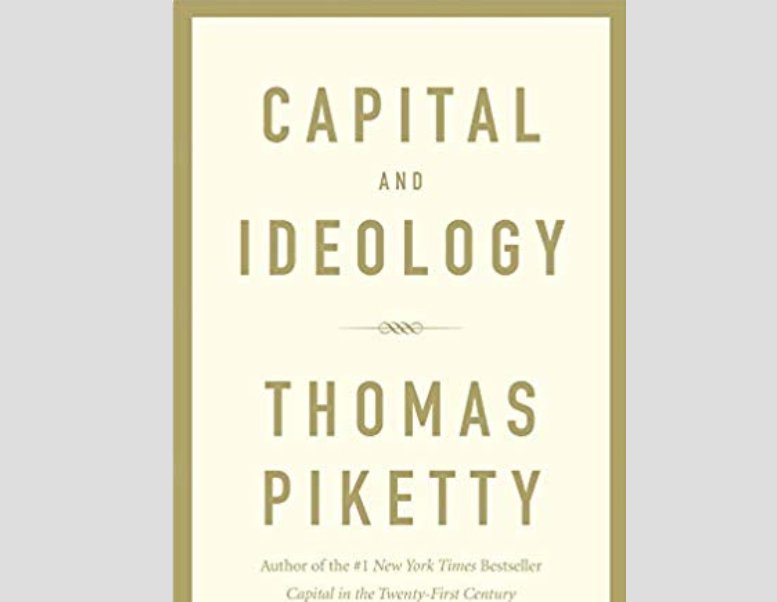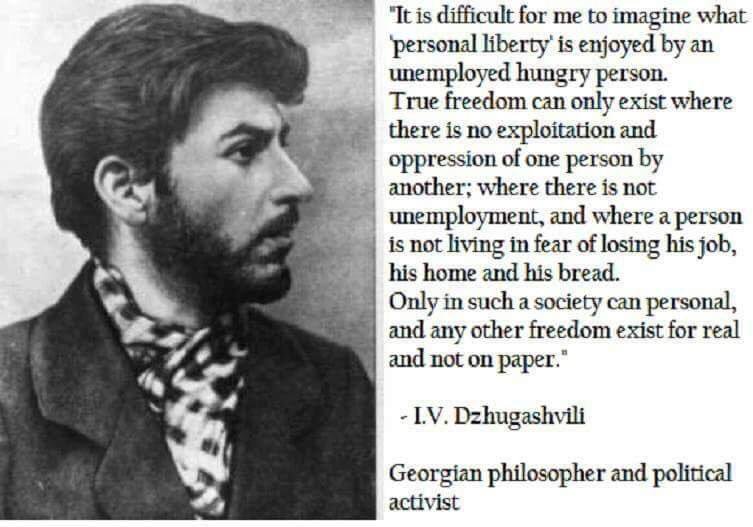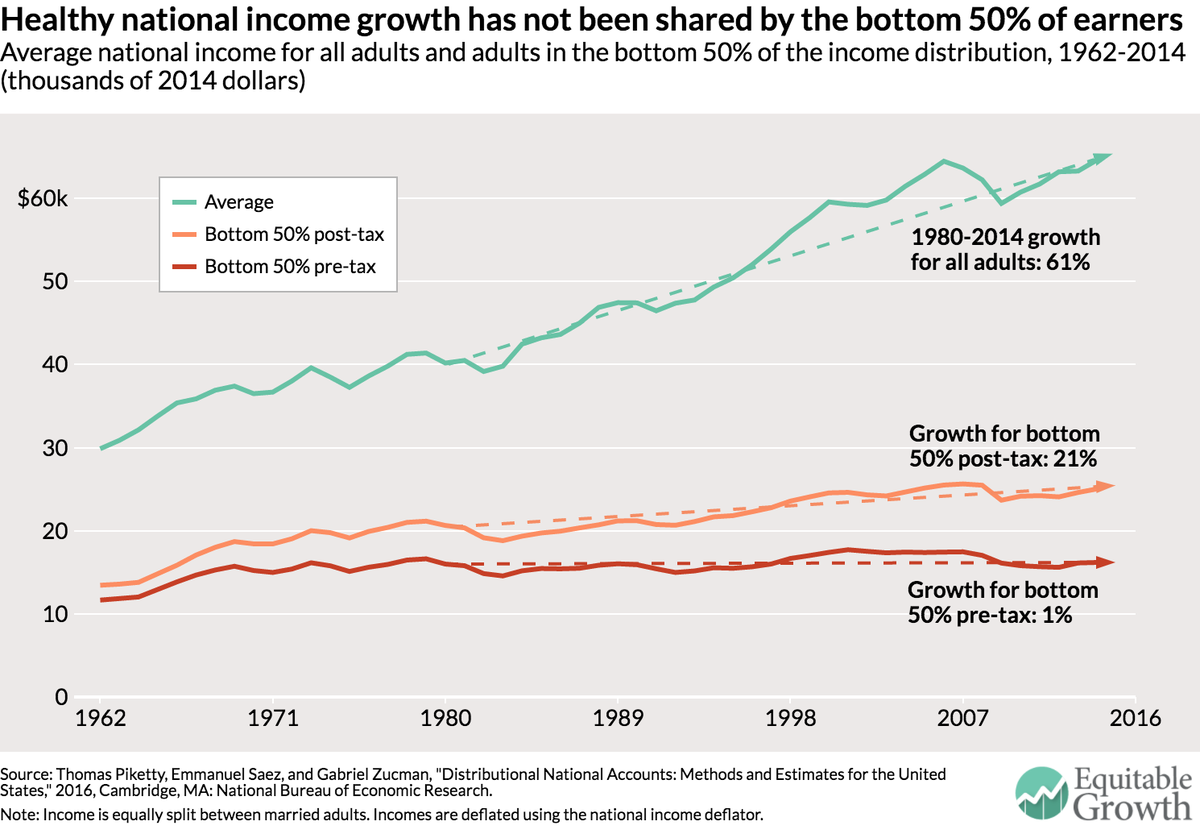policyalternatives.ca/publications/m…
Since October, millions of Chileans have taken to the streets in defiance of their government, to demand change to economic policies first imposed under dictatorship, replace the dictatorship-era constitution, & challenge the state’s harsh security response
#ChileDesperto
Economic inequality in Chile is an enduring legacy of #colonial institutions, and more recently, the imposition of the #neoliberal playbook of privatization, low taxes & union busting; factors that ensure most economic gains are captured by the oligarchic elite - "the 1%".
Another is low levels of #redistribution via taxes/transfers; Fig.3 shows how little the different elected governments in Chile have redistributed income since the end of the dictatorship
Low incomes & high expenses lead many lower-income households to unsustainable debt
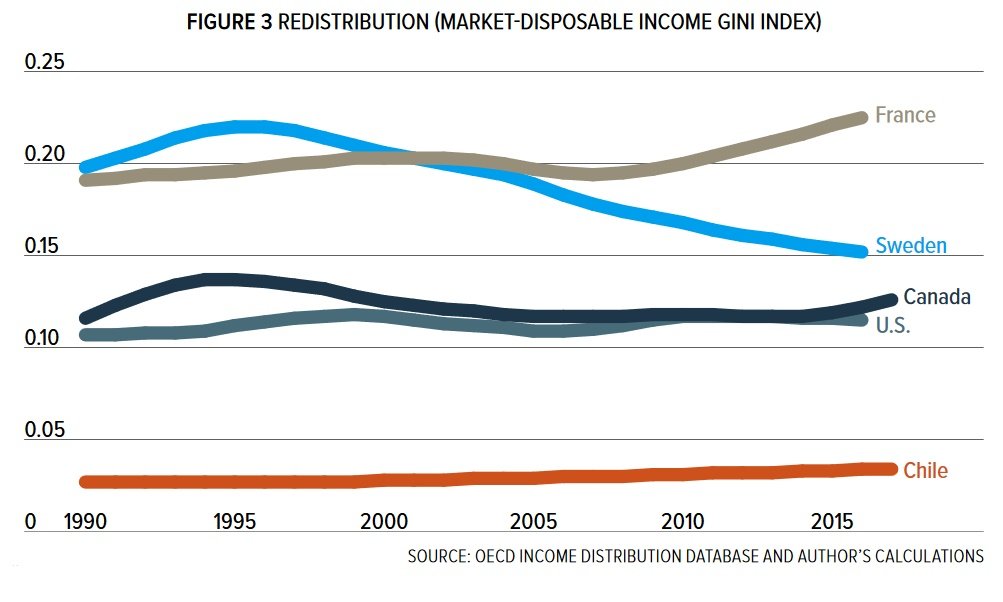
So how have citizens responded?
Three decades of inaction against #inequality on the part of elected governments – and continuation of the #neoliberal economic model imposed under dictatorship - "el modelo" - by the two major political coalitions have taken their toll....
...the euphoria of voting for the first time in a generation in 1989 (voter turnout >85%) has turned to disappointment & disgust with politicians & electoral process
Fig.4 shows precipitous decline in #Chile voter turnout over 30 years - to below 50% in last two elections
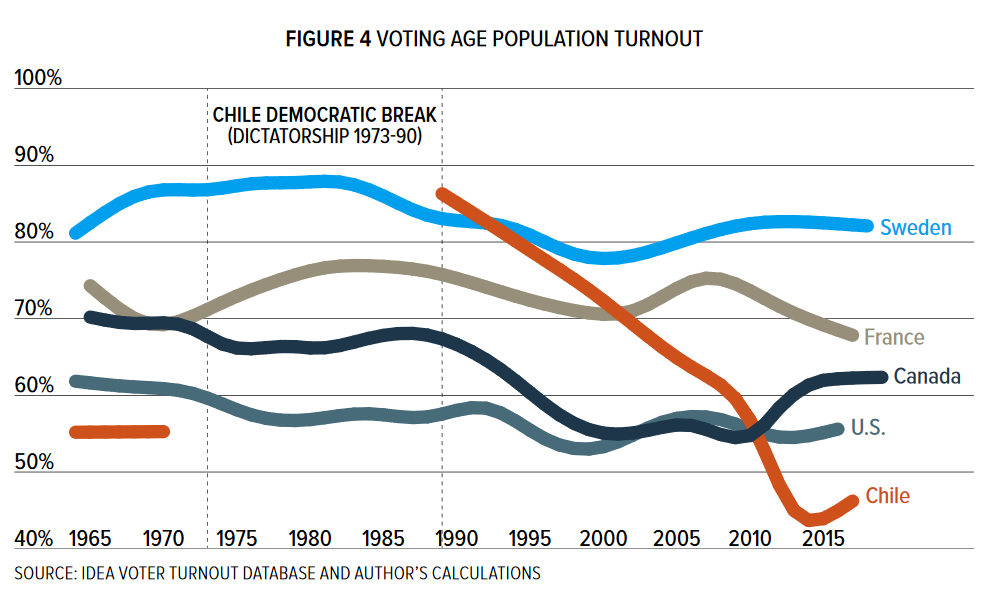
So what’s next? For the first time in 30 years, the protests have succeeded in opening up political space for just structural reforms
Chile’s path is uncertain, but its people's struggle for greater economic equality matters because it is not theirs alone....
...Chile was emulated as an example of neoliberal success.
The delayed but now urgent and widespread demand for economic justice in Chile is positive news for those struggling for fairer economic policies in Chile and around the world.
END
policyalternatives.ca/publications/m…














